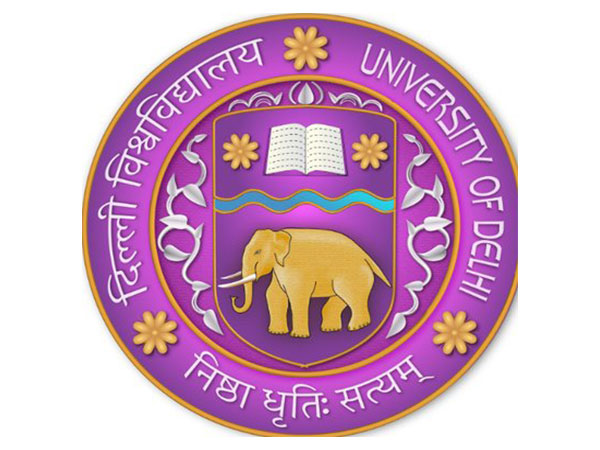DUSU Elections: Student Political Battle Renewed in North Campus
After a two-month delay, vote counting for Delhi University Students' Union elections started at North Campus. The delay followed Delhi High Court's order for campaign defacement cleanup. With multiple parties competing fiercely, the outcome will influence university politics and reflect broader ideological conflicts among student bodies.

- Country:
- India
The vote counting for the Delhi University Students' Union (DUSU) elections commenced on Monday at the university's North Campus, following an almost two-month delay. Initially scheduled for September 28, the results were postponed due to a Delhi High Court directive. The court mandated the university to address issues of defacement from campaign activities before announcing the winners.
This year's elections have seen intense competition, with 21 candidates vying for four key central panel positions. Among the roles, eight candidates are competing for president, five for vice-president, and four each for secretary and joint secretary.
Significant contenders for the presidential post include the RSS-affiliated Akhil Bharatiya Vidyarthi Parishad (ABVP), the Congress-backed National Students' Union of India (NSUI), and a coalition of the All India Students' Association (AISA) and Students' Federation of India (SFI). The vice-president race sees candidates like ABVP's Bhanu Pratap Singh, NSUI's Yash Nandal, and AISA's Ayush Mondal.
In the race for the secretary role, ABVP's Mitravinda Karanwal faces NSUI's Namrata Jeph Meena and SFI's Anamika K. For joint secretary, it's a contest among ABVP's Aman Kapasia, NSUI's Lokesh Choudhary, and SFI's Sneha Aggarwal. Currently, the ABVP holds three out of four significant positions in DUSU, with NSUI occupying the vice-presidency. The election outcomes are crucial for shaping university politics, highlighting ongoing ideological disputes among major student groups.
(With inputs from agencies.)
- READ MORE ON:
- DUSU
- elections
- Delhi University
- vote counting
- student politics
- ABVP
- NSUI
- AISA
- SFI
- university politics
ALSO READ
Sridhar Vembu: Pioneering Technological Growth at ABVP Conference
NSUI Rallies in Protest Against Adani: Calls for Accountability and Fair Governance
ABVP and NSUI Dominate DU Elections: A Collegiate Showdown
ABVP: Cultivating National Duty Among Youth
Empowering Education: ABVP's Call for Inclusivity and Quality









